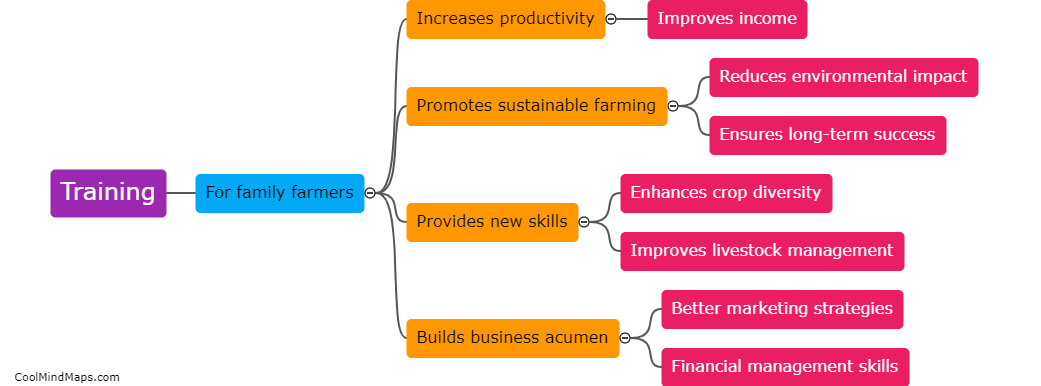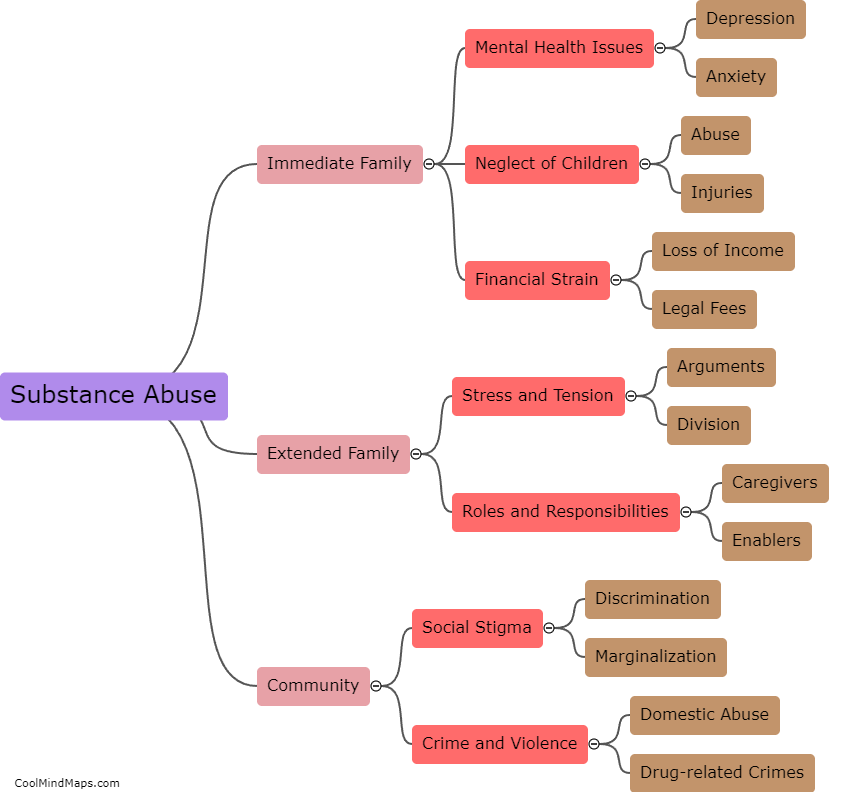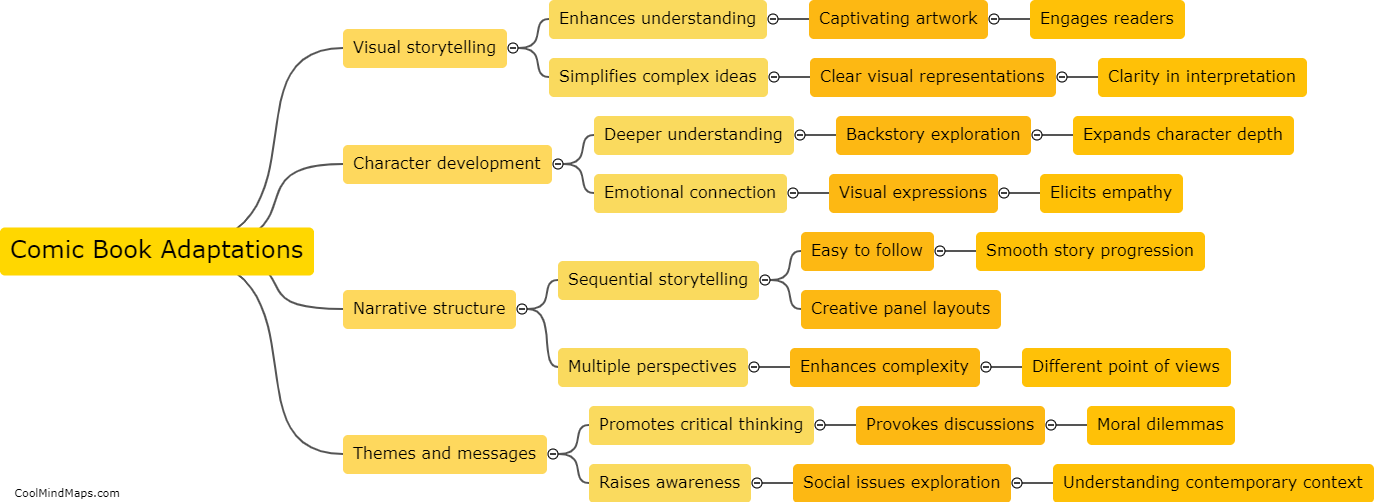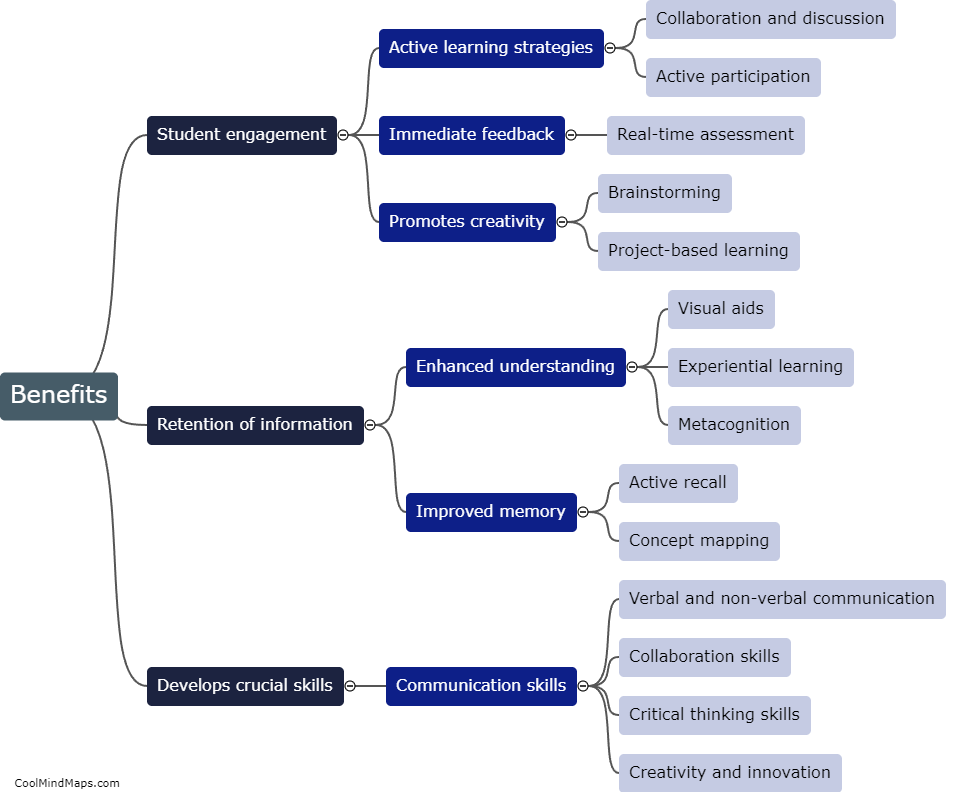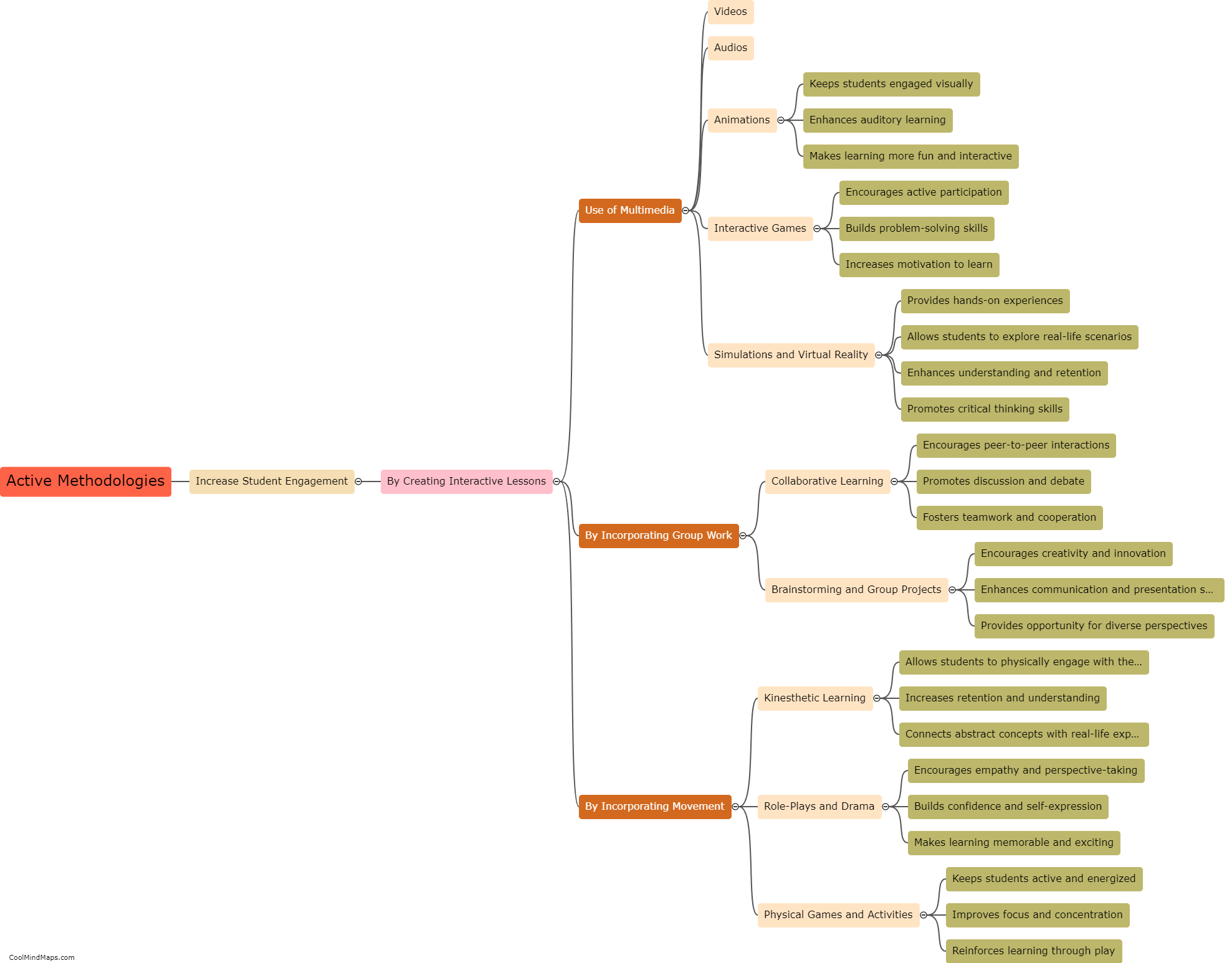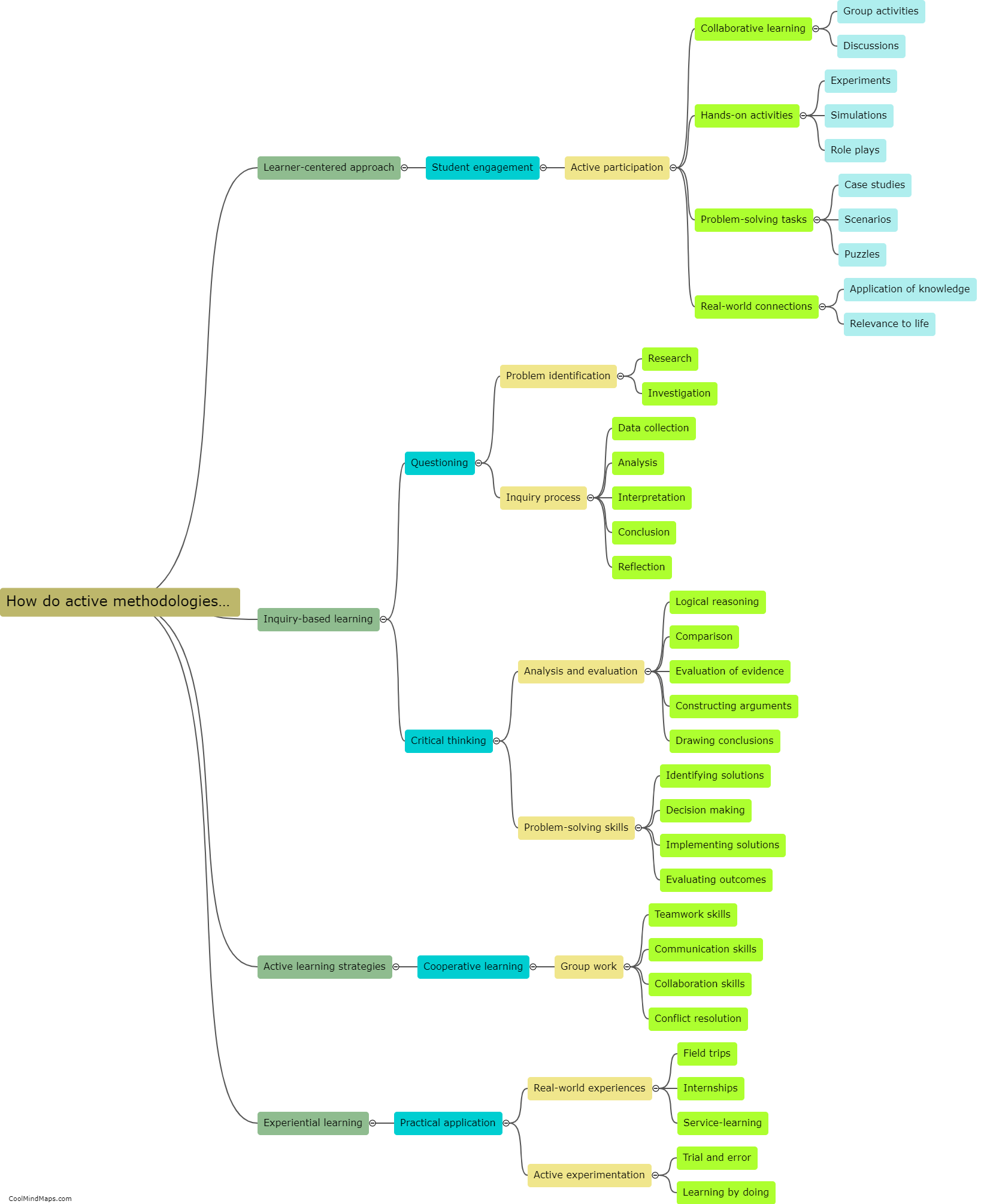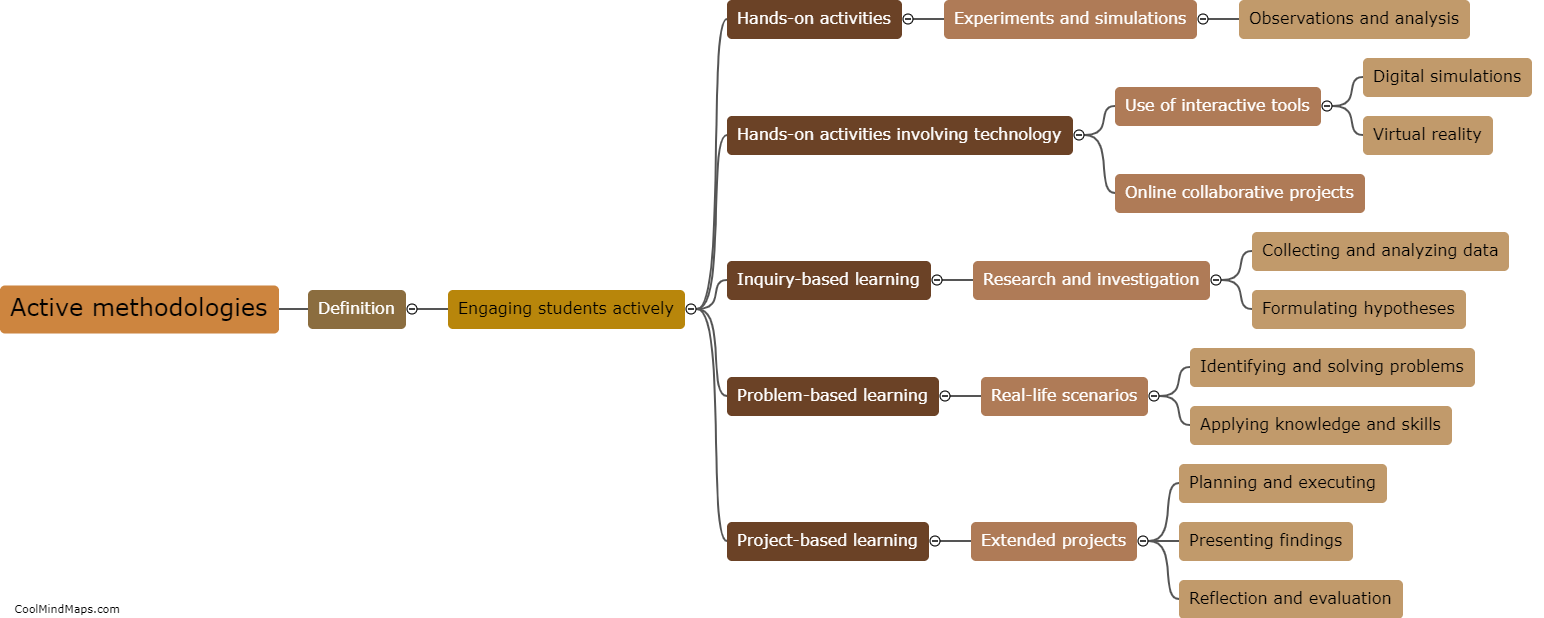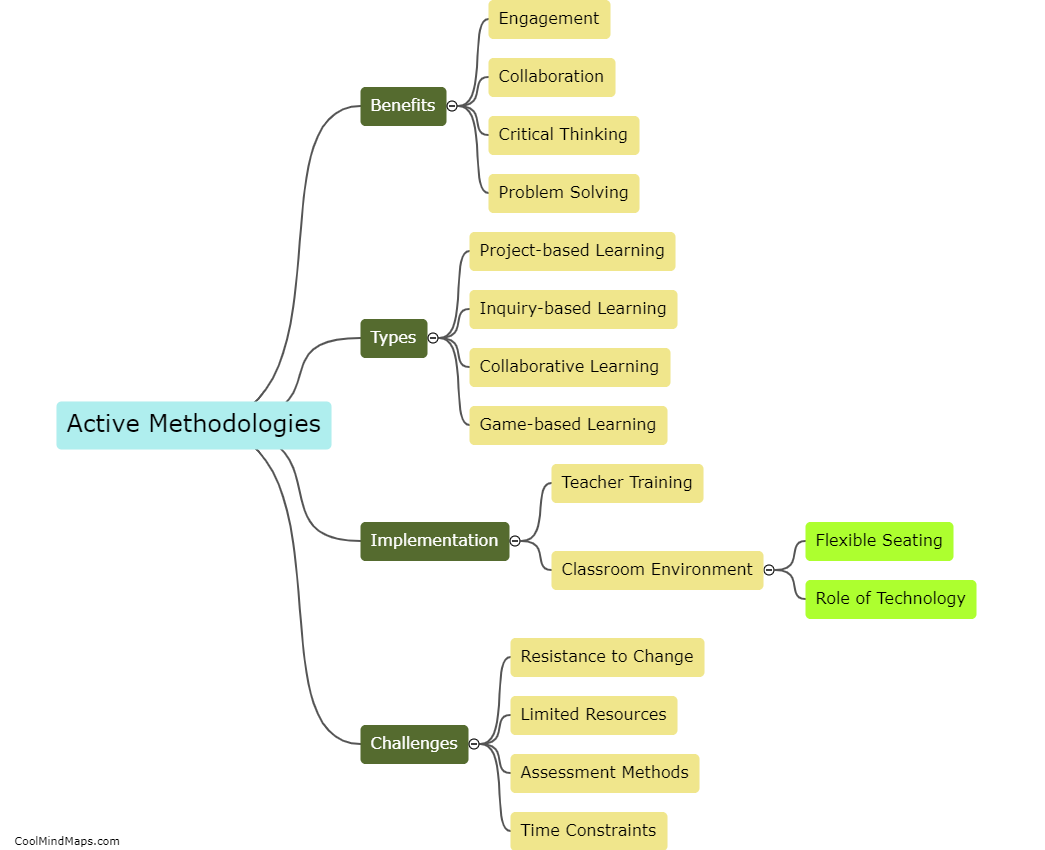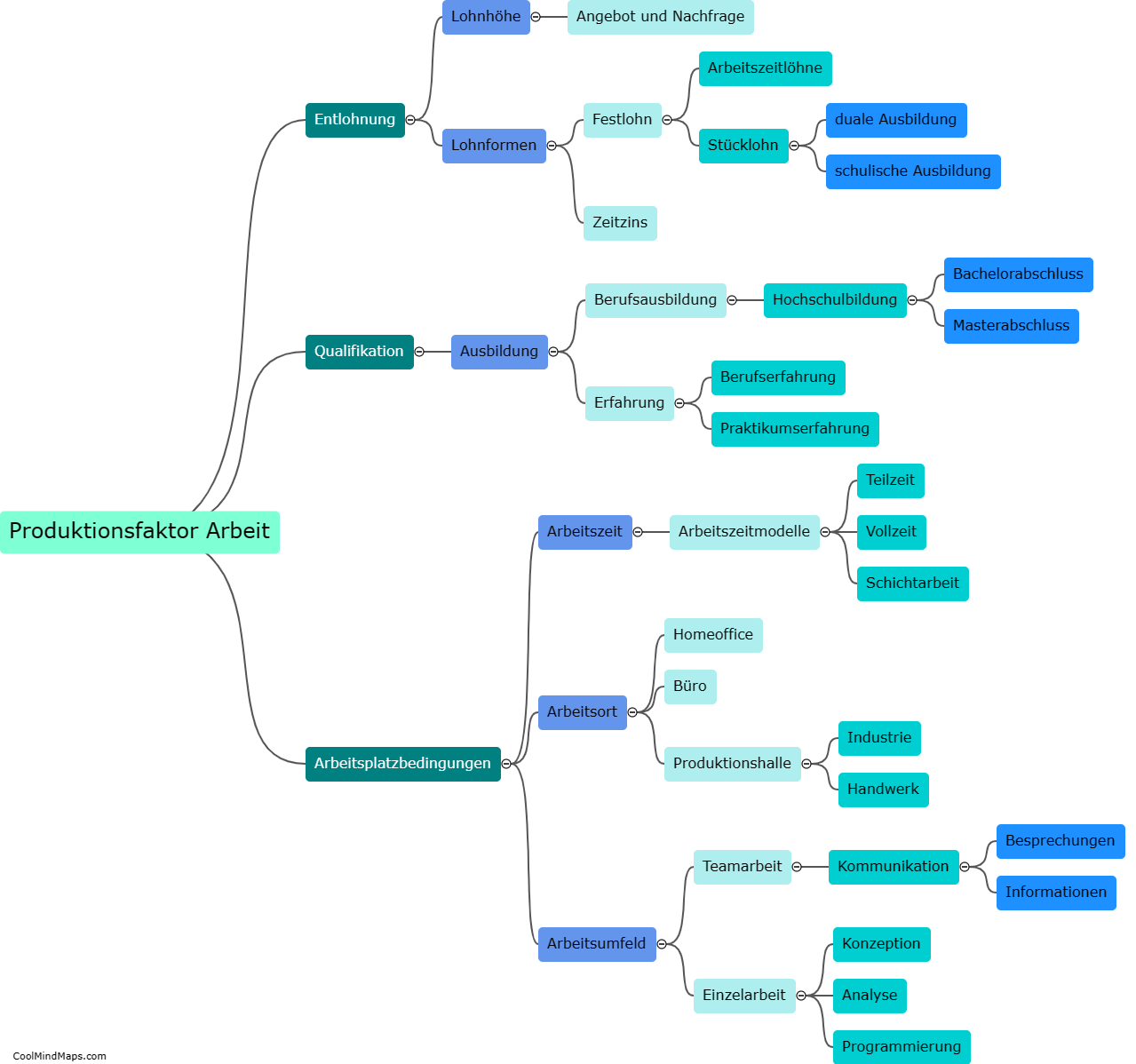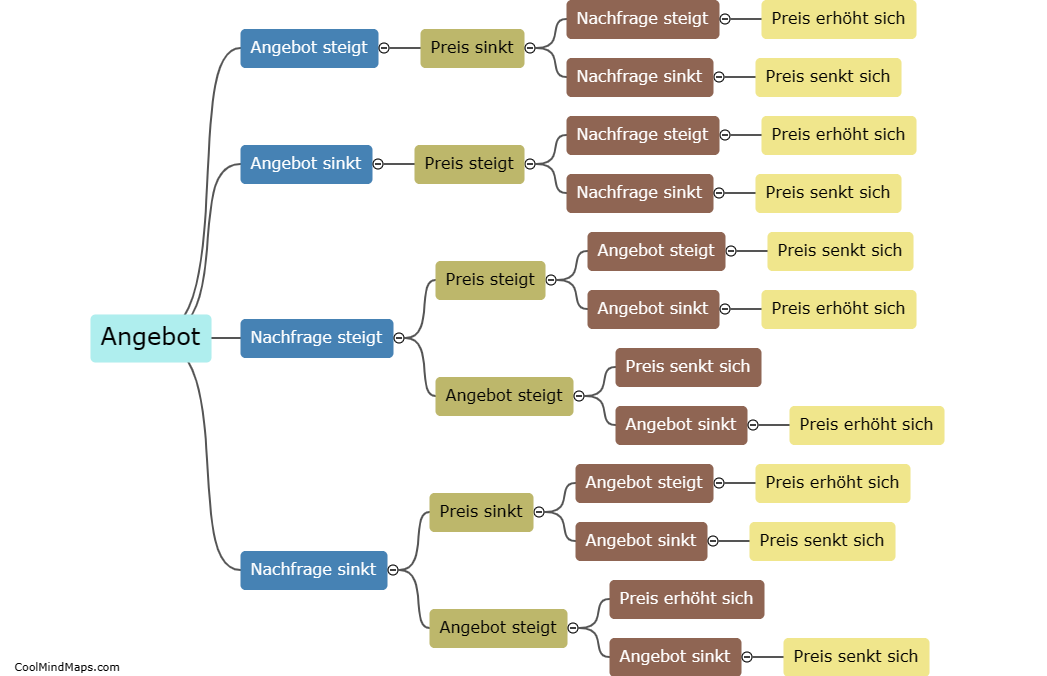How do Vygotsky and Dewey's active methodologies compare?
Vygotsky and Dewey's active methodologies share certain similarities and differences. Both theorists advocate for a learner-centered approach that emphasizes active engagement and participation in the learning process. Both believe that learners construct their knowledge through social interactions and reflective thinking. However, there are distinct differences between their theories. Vygotsky's sociocultural theory places a stronger emphasis on the role of social interaction and the influence of the environment on learning. He emphasizes the importance of the zone of proximal development and scaffolding, where more knowledgeable others guide learners to achieve their potential. On the other hand, Dewey's progressive education philosophy focuses on hands-on experiences and learning through doing. He argues for an experiential approach that encourages critical thinking, problem-solving, and active engagement with the world. Overall, while Vygotsky's approach highlights the social aspect of learning, Dewey's methodology emphasizes experience-based and action-oriented learning.

This mind map was published on 5 October 2023 and has been viewed 32 times.

